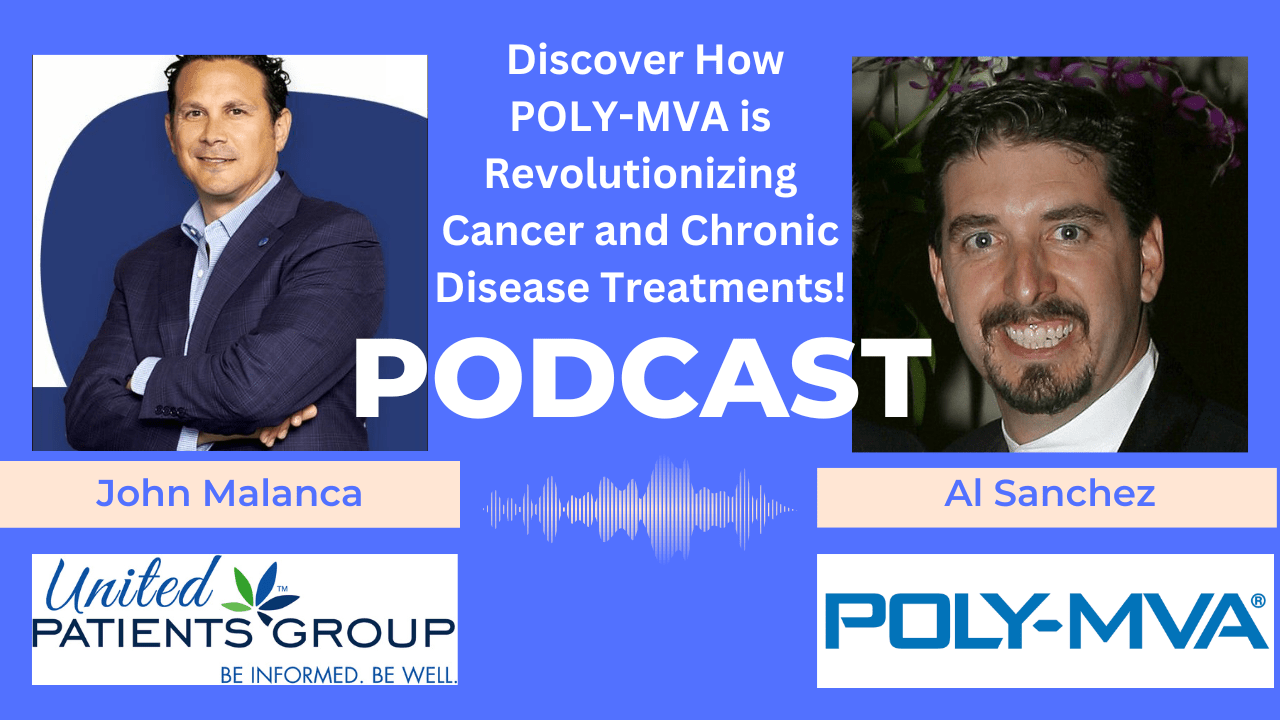 Chinese researchers tested ten essential oils against three kinds of tumors. The results were surprising: essential oils naturally fight cancer.
Chinese researchers tested ten essential oils against three kinds of tumors. The results were surprising: essential oils naturally fight cancer.
We’ve talked at length on this blog about the cancer-killing properties of cannabis oil. But it turns out that cannabis is not the only natural way to kill cancer—other plants have anti-tumor properties, too.
A study by Chinese researchers recently published in the journal Molecules explores the antibacterial and anti-cancer properties of ten essential oils: chamomile, cinnamon, ginger, grapefruit, jasmine, lavender, lemon, mint, rose, and thyme.
“Standard cancer chemotherapy is frequently compromised by the development of drug resistance and unwanted, partly life-threatening side effects. There is, therefore, an urgent need for novel treatment options with improved features,” note the researchers. “Natural products from medicinal plants represent a fertile ground for the development of novel anticancer agents.”
resistance and unwanted, partly life-threatening side effects. There is, therefore, an urgent need for novel treatment options with improved features,” note the researchers. “Natural products from medicinal plants represent a fertile ground for the development of novel anticancer agents.”
Various amounts of the oils were applied to cultures of Propionibacterium acnes (the bacterium that causes acne)* and three cancerous cell lines: breast cancer, lung carcinoma, and prostate carcinoma.
The results were quite interesting. Not all oils were effective, and some were more effective on some kinds of tumors than others, but there was a notable difference between the essential oils and the untreated cells. Some highlights:
- At a small concentration (0.002%), none of the oils outperformed the untreated cells—80% of the tumors survived. But at a stronger concentration (0.200%), all oils were effective against prostate carcinoma, reducing the survival rate to 4%.
- All oils except mint exhibited strong cytotoxicities towards lung carcinoma
- Thyme, jasmine, cinnamon, and chamomile were the strongest against breast cancer cells, with survival rates of 3.47%, 4.34%, 5.31%, and 6.93%, respectively
- Thyme had the highest potency of all the oils overall, although cinnamon and jasmine were comparably potent against lung carcinoma and prostate carcinoma
 Why are these essential oils so effective at killing cancer cells? Much like cannabis, these substances contain many terpenes including limonene, menthol, α-pinene, 3-carene, and α-farnesol. While individual terpenes have been shown to have anti-cancerous properties, none are as effective as oil derived from the whole plant. Could it be that these plants also have an entourage effect?
Why are these essential oils so effective at killing cancer cells? Much like cannabis, these substances contain many terpenes including limonene, menthol, α-pinene, 3-carene, and α-farnesol. While individual terpenes have been shown to have anti-cancerous properties, none are as effective as oil derived from the whole plant. Could it be that these plants also have an entourage effect?
In another study, some of the same researchers compared the anti-cancer effects of rosemary oil with three of its main terpenes: cineole, α-pinene, and β-pinene. The researchers applied each substance to two different ovarian cancer cell lines and a hepatocellular liver carcinoma cell line. They found that, in all cases, the rosemary essential oil exhibited stronger cytotoxicity than its main components.
“It is very difficult to attribute the biological activities of a total essential oil to one or a  few active principles, because an essential oil always contains a mixture of different chemical compounds. In addition to the major compounds, also minor compounds may make a significant contribution to the oil’s activity,” they conclude. “From the results above we could infer that the antibacterial and anticancer activities of Rosmarinus officinalis L. essential oil is the cooperative results of their components.”
few active principles, because an essential oil always contains a mixture of different chemical compounds. In addition to the major compounds, also minor compounds may make a significant contribution to the oil’s activity,” they conclude. “From the results above we could infer that the antibacterial and anticancer activities of Rosmarinus officinalis L. essential oil is the cooperative results of their components.”
These studies show that chemo is not the only way to fight cancer. Essential plant oils have natural cancer-fighting abilities—and they don’t destroy healthy tissue! If you’re fighting cancer, you may want to explore the possibility of treating it with thyme, jasmine, cinnamon, or rosemary oil.
*This post is more concerned with cancer than acne, but just in case you’re wondering, thyme oil was the most effective anti-acne treatment, followed closely by cinnamon oil.






































Can you send me a list of your oils to my email…
Bruce,
United Patients Group does not sell products.
UPG
What application is best for treatment of the cancers? Specifically prostate? Capsules internally? Application in the region?
Lisa,
These are question that a medical professional could answer for you. Please understand that this protocol is no a one size fits all treatment. Each person, their disease, their medical history, age, past treatments and weight all play a part in finding out the best formulation and dosing for you.
I hope this helps,
Brent